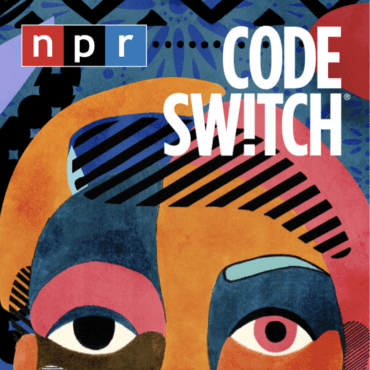
The Lost Summer
Twenty years ago, during the dog days of summer , a fledgling journalist named Shereen Marisol Meraji — maybe you’ve heard of her? — headed to Durban, South Africa. Her […]
 play_arrow
play_arrow
Episode 244 – “Ricky Stanicky” Feat. WhoTFisJustinTime? & Larry Dale Reed podcast
 play_arrow
play_arrow
What’s Your Vision podcast
 play_arrow
play_arrow
EP. 94: Parenting Never Ends ft. The Brown Mama Bear podcast
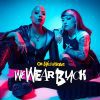 play_arrow
play_arrow
Scene News- Ft Slipknot, Bad Omens and Bring Me The Horizon podcast
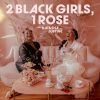 play_arrow
play_arrow
 play_arrow
play_arrow
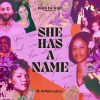 play_arrow
play_arrow
Theories podcast
 play_arrow
play_arrow
240. Talk is Cheap, Attention is a Dime a Dozen, and Value is QUEEN! podcast
 play_arrow
play_arrow
 play_arrow
play_arrow
Evolving With Age with Therapist Erica James | Episode 88 podcast
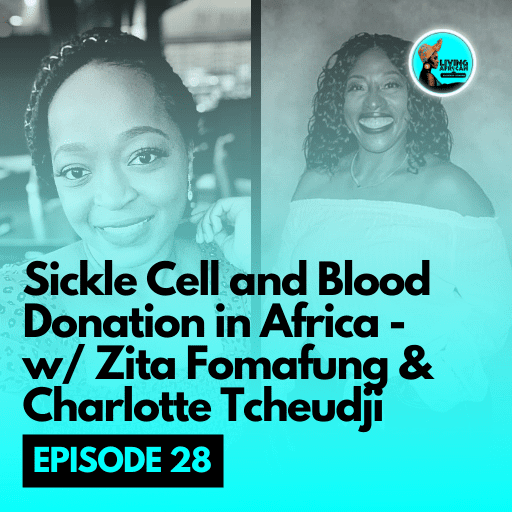
Today, we continue our conversation to honor Sickle Cell Awareness month, which is September. We will further discuss the importance of donating blood in our community and how that is very useful especially for sickle cell patients. We will be sharing the story of an African mother who has had firsthand experience with caring for her children with sickle cell and why donating blood could not only help patients during an episode, but could go as far as saving lives. Mrs. Charlotte Tcheudji is a mother of 5 children who were born and raised in Cameroon, West Africa. Two of these children had sickle cell but were fortunate enough to undergo a bone marrow transplant, which though a fortune, has brought a tremendously positive impact on their quality of life. Charlotte has had extensive experience dealing with sickle cell patients from taking care of her children and is so passionate about speaking about the sickle cell as well as helping the underprivileged patients are going through the pain of this disease in Africa through financial and medical device donations. Mrs. Zita Fomafung, born and raised in Cameroon, West Africa, is a CPA (certified public accountant) by profession and an overall solutionner. I am a serial entrepreneur/hobby-preneur with her latest business Bojongo CPAs serving the Dallas Fort Worth area in the USA. She has several passion projects, one of which led her to create LifeLine Africa, an NGO with a mission to save lives by making blood transfusion possible. LifeLine was created in 2018 and started operations in Cameroon in 2019. They recruit, retain, and manage benevolent blood donors for their partner hospitals/blood banks. They are the first step to ensuring a safe and quality blood supply for the population. [00:01 – 02:37] Opening Segment
[02:37 – 18:27] A Mother’s Sickle Cell Story
[18:27 – 35:30] Mrs. Zita’s Experience with Blood Donation
[35:30 – 46:58] Guests Shares More of their Challenges
[53:58 – 56:01] Final Words
Tweetable Quotes:
“Blood transfusion saved the lives of my children and without the kind donation of people, they won’t be alive. Remember, you can save a lot of lives.” – Charlotte Tcheudji
“Our mentality about blood donation and blood transfusion needs to change because without it, a lot of people are going to die.” – Charlotte Tcheudji
“The most effective way to recruiting the majority of our community to donate blood is through education and sensitization by sharing true-life stories.” – Zita Fomafung
“We need to consider the fact that – one day, we’re going to be on the other side of the road and we will need blood.” – Anyoh Fombad
Ms. Zita can be reached on: Email: Zita.fomafung@lifelineafrica.org Instagram and Facebook: LifeLine_africa Website: www.lifelineafrica.org
LEAVE A REVIEW and tell us what you think about the episode so we can continue putting out the best content just for you!
You can connect with us on Facebook, Instagram, YouTube, Twitter, or send us an email at hello@livingafricanpodcast.com. Check out our website www.livingafricanpodcast.com for more resources and to learn more.
You can connect with Anyoh on Facebook (@anyohf), Instagram (@anyohfombad), and Twitter (@anyohfombad).

Twenty years ago, during the dog days of summer , a fledgling journalist named Shereen Marisol Meraji — maybe you’ve heard of her? — headed to Durban, South Africa. Her […]

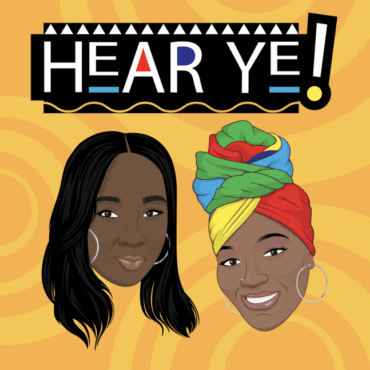

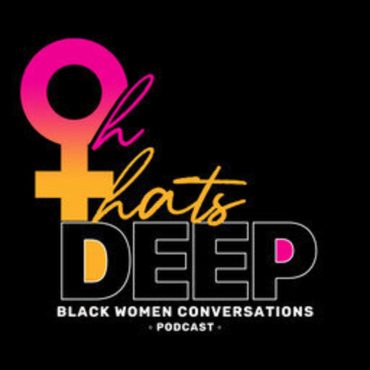
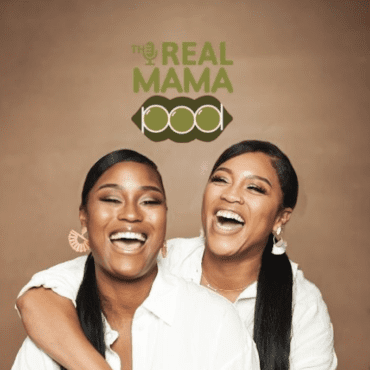
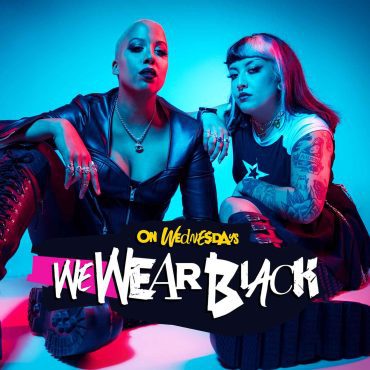
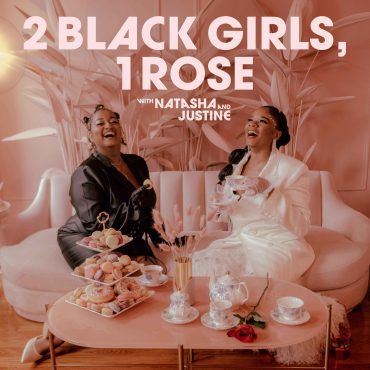
Copyright Blackpodcasting 2023